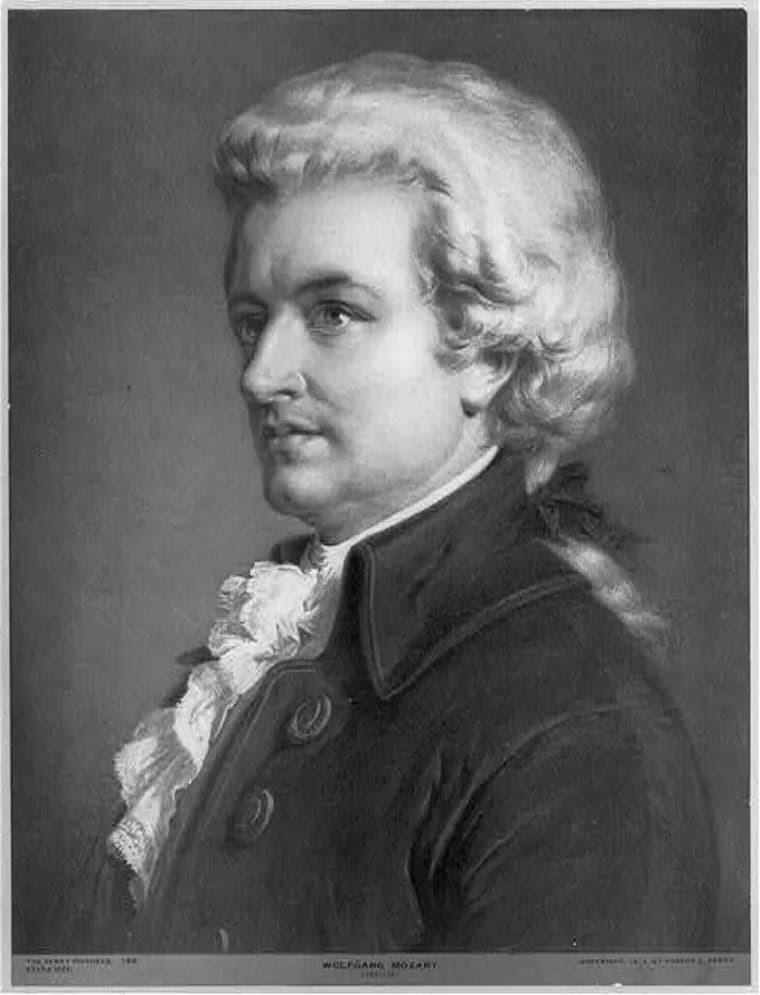Mozart’s music brings me such bright emotions. Regardless of his works; the genres, the styles, or the instrumentation. Excitement, lightness, joy, beauty, simplicity, positivity — I can recall feeling one if not a combination of these emotions whilst listening to the Austrian composer’s music. And I doubt being unique in this.

© media-cldnry.s-nbcnews.com
As a composer, I listen to a lot of music — diversity is the keyword — and most of them bring me feelings, emotions, and some sort of intellectual reactions; I am indifferent to very little music in fact. I often feel excitement, sadness, joy, admiration, frustration, impatience, and much more, but the experience of Mozart’s music is quite unique. I shall try to describe it better in the following article. In short; joy.
Wolfgang Amadeus Mozart: Symphony No. 40 in G minor, K. 550
First and foremost, a short disclaimer; if in previous articles I have appeared as criticising Mozart or at least the perception that we seem to have of him, I recognise the talent of the musician and the artist, and yes, his genius — however a little bit of context is always better. Now, the feelings one has for his music are in my opinion quite irrelevant to the man behind the music, therefore it is important to maintain some perspective…One of the main qualities of Mozart’s music is the directness of the intentions; what the composer is trying to achieve through his music is quite obvious and evident. There is no hidden agenda, no expectation for the listener to do the work, if intellectual, it is simply pure divertissement and enjoyment.
Actually, Mozart’s music almost feels like some sort of sacred — albeit religious — music, which cleans the mind and the soul. It does not ask to think, nor to feel with strict directions. It simply creates a sense of divine connection; of being here and in the moment. A sense of familiarity and yet of discovery. Strangely, it does not apply to other composers it seems, such as Bach — whose music is deeply spiritual and who is for many of us the father of it all, the original source — or Debussy and Cage, two immense figures in our musical history.
One aspect of Mozart’s personality which is quite well-known is his lightness and joie de vivre, as well as his strong — and at times very inappropriate too — sense of humour. And all of this can be heard in his music with vivid intensity. In fact, there is very little of Mozart’s music that brings a sense of true deep sadness. What seems to come out of what would be his darkest work — his unfinished Requiem — is rather a sense of sublime, divine — again — and intangible. In other words, Mozart would not have been a great romantic; there was not enough darkness in his art! If this all applies to Mozart, it is also quite true of his elder teacher and colleague Haydn, whose music possesses very similar qualities — perhaps in another article? — and whose wit and sense of humour is also very present, from his Surprise symphony to his Farewell one! Is it then a matter of the times rather than a personality trait; one could question it, indeed.
Joseph Haydn: Symphony No. 45 Farewell Symphony (Sinfonia Rotterdam/ Conrad van Alphen)
Mozart has written quite a fair amount of music to say the least — estimated at 600 works — and I have not yet found a work which does not carry this special almost ethereal quality. Regardless of the instrumentation, the style, the genre, the form, each of his works carries this imprint of optimism and delightfulness and general feeling of joy, even in their darkest moments. It is no surprise that nowadays Mozart is everywhere, from doctor’s waiting rooms to background music for tube stations, advertising, and pretty much anywhere else! If it is a music that reflects the times it was created it nevertheless carries an entity of permanence; an element which makes it relevant to past, present, and future times.
For more of the best in classical music, sign up for our E-Newsletter




